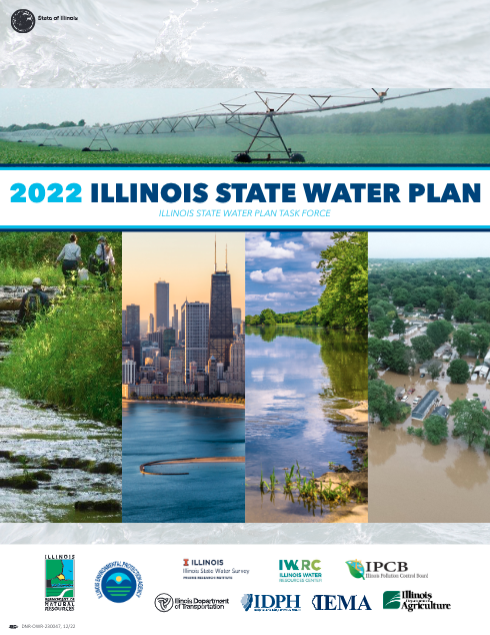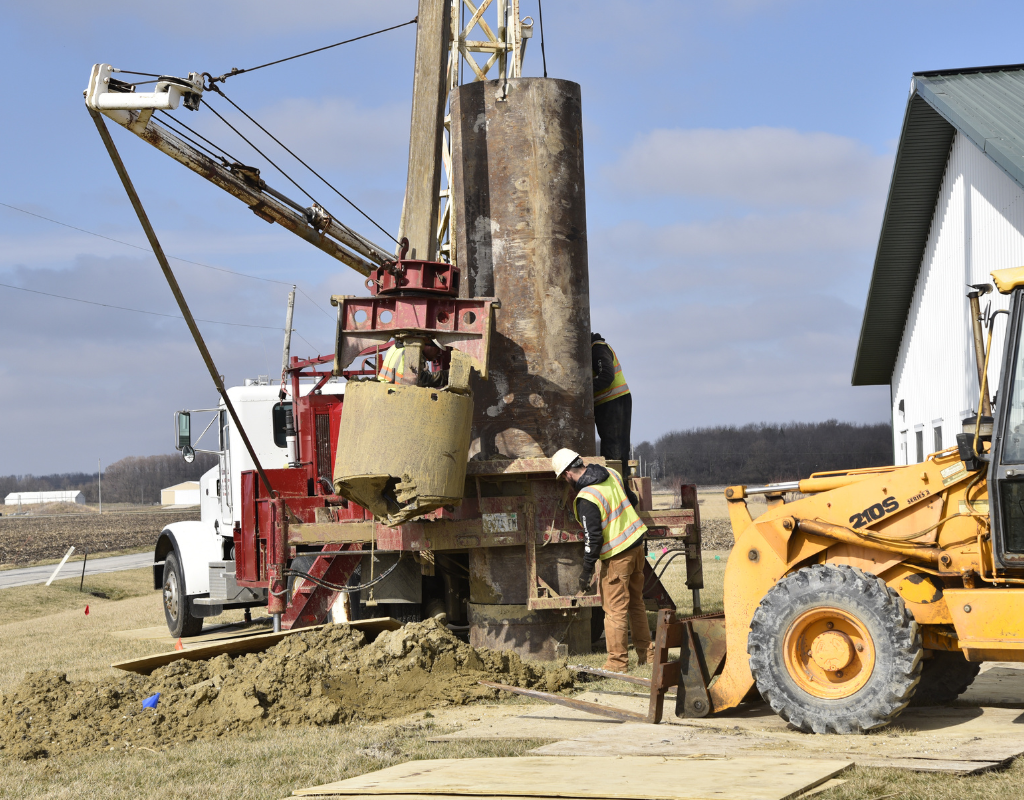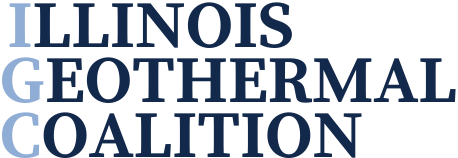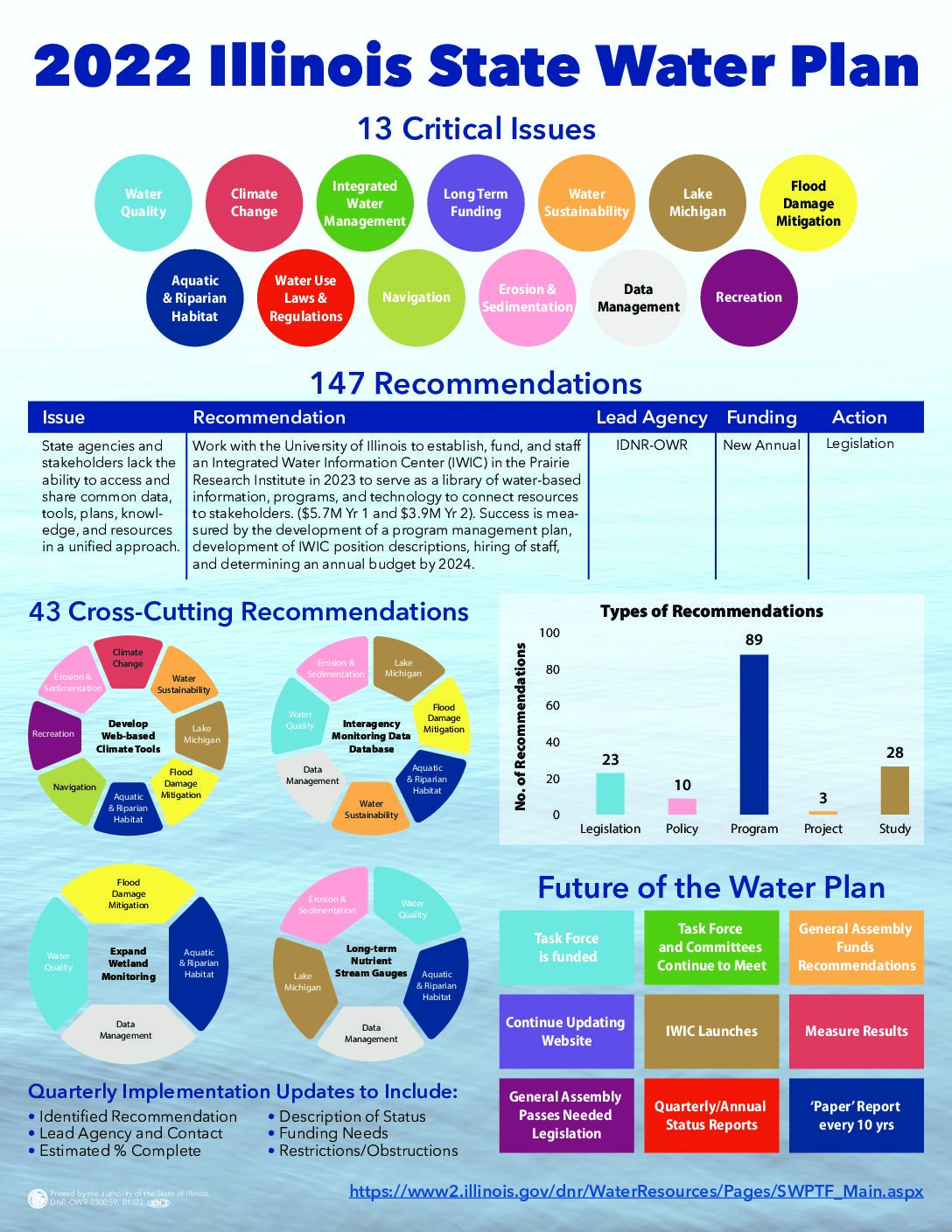Sarita Adve, Rebecca Fuller, Praveen Kumar, Martin Williams, Cory Suski, Marshall Scott Poole, and Christy Lande are among the 502 scientists, engineers and innovators elected to be Fellows of the American Association for the Advancement of Science (AAAS).
NGWA Offers Free Student Memberships
As the fall semester begins, the National Ground Water Association (NGWA) is offering free student memberships to those studying in groundwater-related programs (in both undergraduate and graduate programs), whether in a university, community college, or a drilling school.
NGWA student member benefits include:
- Access to NGWA’s educational programs including, Develop Your Professional Skills: Young Professionals and Students Virtual Conference on October 13th
- Digital access to current, and all past, issues — as well sneak peeks of yet-to-be-published papers — of Groundwater® and Groundwater Monitoring & Remediation® via the Wiley Online Library
- A subscription to monthly NGWA member e-newsletter, Groundwater Matters
- Use of NGWA’s online Career Center
There are also special benefits available to students at our biggest annual event, NGWA’s Groundwater Week, where students can:
- Present academic papers and posters
- Compete in a scholarship competition
- Network with industry professionals.
If you are interested in joining NGWA, all you need do is complete and submit a brief online application to https://www.ngwa.org/members/join-ngwa/Students.
The 2022 Illinois State Water Plan is Here!

The 2022 Illinois State Water Plan is now available! IWRC is pleased to have contributed to the report as part of the Illinois State Water Plan Task Force, a unified coalition of state agencies developed by the Department of Natural Resources addressing key issues in state water resource management. The report details 13 categories of critical water issues and establishes a 7-year strategic plan for the management and protection of surface water, groundwater, and public water supply resources.
To read or download the report click here.
Call for Abstracts: The Harmful Algal Bloom Symposium is Returning in 2023!
| The Harmful Algal Bloom Research Symposium is coming back in 2023! The Algal Bloom Action Team’s popular Harmful Algal Bloom Research Symposium will return for it’s third year this January 5-6, 2023! The symposium is free and will be held entirely virtually. Over the last two years, the event has brought together over 600 water professionals annually from across the North Central Region to hear about the latest Harmful Algal Bloom Research, discuss examples of effective bloom management, and learn about the latest technologies tackling this global issue. Our call for abstracts is now open! The Harmful Algal Bloom Symposium is a great opportunity to share your work with fellow water professionals. Be sure to submit an abstract of your work today! Research and case study abstracts are encouraged! Abstracts are due at 11:59 PM CT on Friday, November 4th. |
Iowa Water Center Co-Leads Harmful Algal Bloom Research And Education Partnership
February 22, 2022 – Ames, IA – The Iowa Water Center recently received a second round of funding from the North Central Region Water Network to co-lead the delivery of research-based harmful algal bloom information to Extension professionals across the Midwest. The Algal Bloom Action Team, a collective of Water Resource Research Institutes and Extension representatives throughout the Corn Belt region, will receive $10,000 to fund outreach and engagement activities.
“We have identified gaps between scientific discovery related to harmful algal blooms and actionable information Extension Professionals can provide to individuals and businesses at a local scale,” said Hanna Bates, Assistant Director of the Iowa Water Center, and co-Lead of the Algal Bloom Action Team. “This group seeks to address this gap.”
Lake managers, livestock producers, and even household pet owners must be aware of harmful algal blooms in natural environments. The Algal Bloom Action Team identifies science-based information and disseminates the data through a range of communication formats. Products from the Algal Bloom Action Team include webinars, fact sheets, and an annual symposium with program tracks centered around different industries confronted by harmful algal blooms. Many of the products consist of standardized messaging, which can be easily incorporated into curricula or outreach provided at no cost by the team.
“We seek to address the fact that harmful algal blooms are not just a Great Lakes issue, but a water resource problem faced by any state with major lake and river systems,” said Amy Weckle, Assistant Director of the Illinois Water Resources Center, and co-Lead of the Algal Bloom Action Team. “Harmful algal blooms pose a significant threat to public health in terms of water utilities and water recreation.”
The Algal Bloom Action Team formed in 2018 with support from the North Central Region Network. Further information and access to fact sheets, FAQs, and presentation recordings can be found here: https://northcentralwater.org/habs/
###
The Iowa Water Center: The Iowa Water Center is a federally funded organization, part of the National Institutes for Water Resources. Located on the Iowa State University campus, it is one of 54 institutes located throughout the United States and U.S territories. The purpose of the Iowa Water Center is to identify water-related research needs, provide outreach and education opportunities, and disseminate information about Iowa’s water resources to the public to form better policies and everyday practices.
Information contact: Hanna Bates, Iowa Water Center, hbates@iastate.edu
Great Lakes Commission Releases Report on Uses of Great Lakes Water in 2020
Contact: Beth Wanamaker – 734-396-6082, beth@glc.org
Ann Arbor, Mich. – A report released by the Great Lakes Commission finds that 37.8 million gallons of water per day were withdrawn from the Great Lakes basin in 2020, a close to 3% decrease from 2019 withdrawals. According to the 2020 Annual Report of the Great Lakes Regional Water Use Database, thermoelectric power production, public water supply, and industrial use were the primary water use sectors. Only 5% of the total reported water withdrawn was consumed or otherwise lost from the basin.
The report’s findings were shared at the December meeting of the Great Lakes-St. Lawrence River Water Resources Regional Body and the Great Lakes-St. Lawrence River Basin Compact Council. Since 1988, the eight states and two provinces in the Great Lakes-St. Lawrence River basin have submitted water use data to the Great Lakes Commission. The GLC compiles and summarizes these datasets into an annual report, which is presented to the Regional Body and Compact Council.
“The water use data published annually by the Great Lakes Commission helps to ensure that regional decision-makers protect and use the waters of our Great Lakes wisely,” said Timothy Bruno, Great Lakes Commissioner, chief of the Office of the Great Lakes at the Pennsylvania Department of Environmental Protection, and designated chair of the Regional Body. “With the growing effects of climate change and extreme weather on the basin, carefully managing our resources will be even more critical in the years to come.”
To read the report, visit waterusedata.glc.org.
# # #
The Great Lakes Commission, led by chair Todd L. Ambs, deputy secretary for the Wisconsin Department of Natural Resources, is a binational government agency established in 1955 to protect the Great Lakes and the economies and ecosystems they support. Its membership includes leaders from the eight U.S. states and two Canadian provinces in the Great Lakes basin. The GLC recommends policies and practices to balance the use, development, and conservation of the water resources of the Great Lakes and brings the region together to work on issues that no single community, state, province, or nation can tackle alone. Learn more at www.glc.org.
—
Glccomm is a service of the Great Lakes Commission. Visit us at www.glc.org




